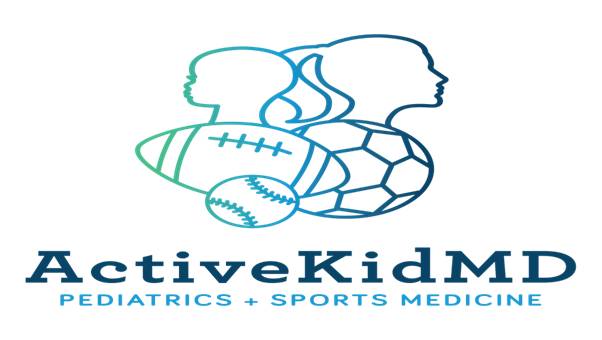Filtering by Tag: CIF concussion protocol
New Location: Orange County Return to Learn after Concussion Conference
New venue, same outstanding speaker and content!
Sign up now for the August 29th Return-to-Learn Concussion Training for OC Schools.
Designed for classroom educators, administrators, counselors, special education specialists, school nurses, speech/language pathologists, athletic trainers, and other parties who work with student-athletes after concussion.
Featuring renown speaker Brenda Eagen Brown who will offer practical suggestions based on real-world situations supported by the latest evidence-based research.
I will join other local concussion specialists in a lunch period case-based discussion of return to learn challenges.
Thoughts on California Interscholastic Federation Concussion Return Protocol
Right before California Assembly Bill 2127 became law on January 1, 2015, I wrote on this blog many questions remained unanswered about certain provisions, namely clarifying what is meant by "no less than a seven day" return progression, when does this seven day period begin, and a better definition of appropriate supervision during this period.
Today, after reviewing the recently released California Interscholastic Federation (CIF) Concussion Return to Play Protocol, it is now readily apparent that the intent of the law was to ensure that if an athlete was concussed let's say on a Friday night, that they will not be able to return to play the following Friday night.
This comes as no great surprise to many of us in the sports medicine community and serves to bring uniformity to something that we had suspected since the bill was signed into law.
There are several other provisions of the Return to Play progression that should be of unique interest, and I will list them below along with my professional comments:
- Return to play cannot be sooner than 7 days AFTER the diagnosis of a concussion by an physician MD/DO
- Now we know when the "clock can start" and what concerns me is not so much the sports with one game a week, but those with multiple games a week.
- If a football player is concussed on Friday night, having the physician evaluation the following Monday or even Thursday doesn't have a real time sensitivity since that athlete is out for that next week's game and still has the seven day period potentially available to play in the following weeks game.
- However, let's take the case of a basketball player with a tournament that involves key games possibly 8-9 days after a concussion. There might be pressure placed on the physician to see that athlete ASAP to get the clock started for a potential return in that 8-9 day period
- No physical activity for at least 2 full symptom-free days AFTER you have seen a physician
- Given the emphasis on the no return within a full week after a concussion, can certainly see why this element was put into place.
- Does limit the judgement of medical teams to allow light, low-risk activities that might be well-tolerated in the initial post-concussion period and may also actually assist in that recovery.
- A certified athletic trainer (ATC), physician, or identified concussion monitor (e.g., coach, athletic director), must initial each stage successfully passed
- Leads to an increase in the paper trail but also makes each school responsible for monitoring a step-wise return to play and not just allowing a full immediate return to sport.
- Hopefully this provision will further underscore the important role of a certified athlete trainer on a school campus. For those schools that don't have one, this might serve as a strong motivator to find necessary resources to support the hire of an ATC to help maintain compliance with this new law.
- Minimum of 6 days to pass (non-contact) Stages I and II. Prior to beginning (contact) State III, please make sure that written physician (MD/DO) clearance for return to play, after successful completion of Stages I and II, has been given to your school’s concussion monitor.
- That 6 day minimum again written with a direct eye on football and not having an athlete return for that next game after a concussion
- Here's another spot where having an ATC can make the process easier- as a physician, if I have a strong working relationship with an ATC, I might not need to see the athlete back in my office before allowing return to contact if the ATC is comfortable with the return protocol and progress of the individual athlete.
- Now, if there is no ATC on campus, stronger chance that I will require an office visit between non-contact and contact return.
- MANDATORY: You must complete at least ONE contact practice before return to competition. (Highly recommend that Stage III be divided into 2 contact practice days as outlined above.)
- Remember that AB 2127 also limits full contact practices to only 2 ninety minute sessions per week.
- Curious to see how a return to play that recommends 2 contact sessions works out with these new contact practice limitations
I will close out this post with a passionate request to CIF and the sports and school communities: despite any concerns or disagreements, this protocol is now in place and thus must be publicized, discussed and shared through multiple mediums to get the word out to all coaches, athletes, parents, administrators, and medical providers. . I can honestly say that with past state or CIF concussion policy updates, I was shocked at how often reasonable, involved, and usually well-informed colleagues were unaware or ignorant of these changes. If all schools are following the same protocol, there will be more universal acceptance of this new policy, so CIF cannot passively oversee dissemination, it must take a very active and vocal role to increase the appropriate use and eventual greater acceptance of this new protocol.


